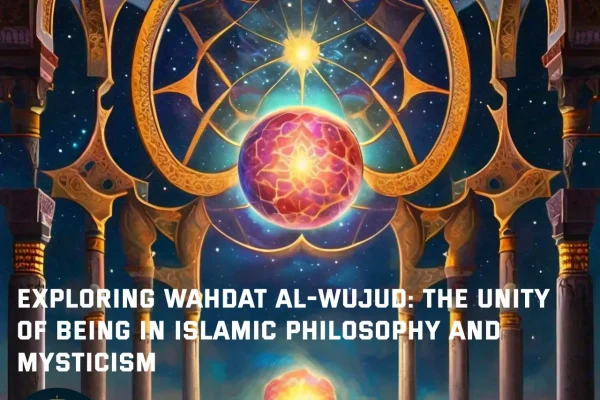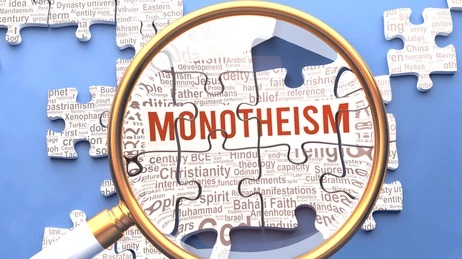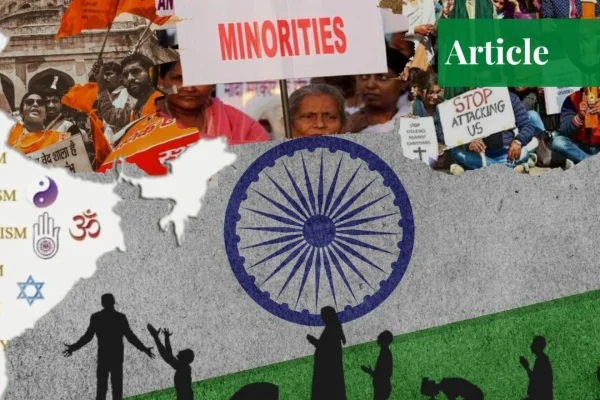
Surah At-Tawbah: In-Depth Analysis of Repentance, Justice, and Social Responsibility
Surah At-Tawbah, also known as “The Repentance,” offers profound insights into themes of repentance, justice, and social responsibility. This comprehensive analysis explores the Surah’s unique characteristics, its guidance on ethical leadership, the importance of sincerity in faith, and its relevance in the contemporary context. Discover how this powerful chapter of the Quran continues to inspire and guide Muslims in their journey toward a just and faithful life.















